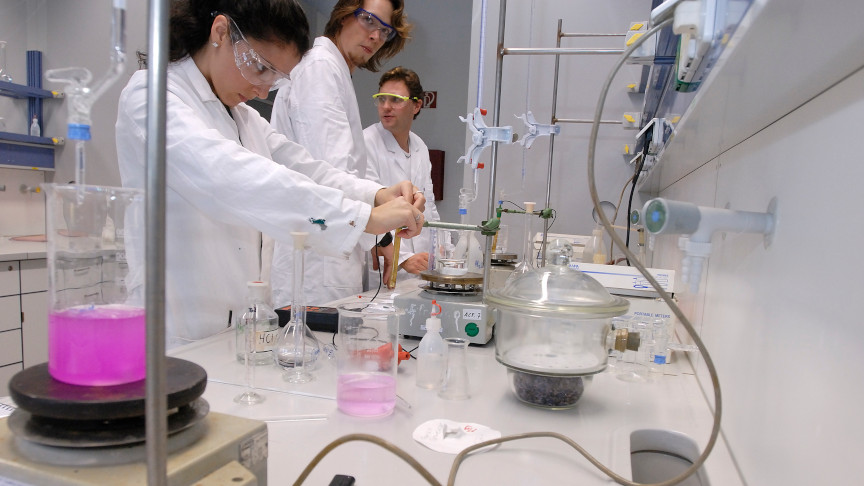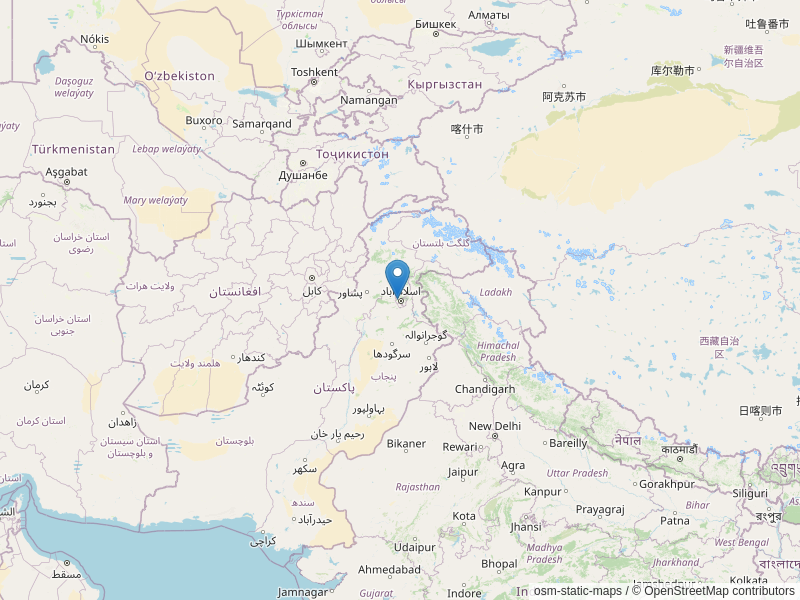Doing a Doctorate

Doctoral Research
A doctorate is a decision for life, an investment in your future – but also a time-consuming challenge that needs to be given careful consideration. A doctorate demands a great deal of energy, discipline and perseverance.
The traditional way
At present the most common path to a doctorate in Germany involves working under the supervision of a professor. Everyone has to decide for themselves which field of research they want to pursue, and which universities and professors are on their short list. The potential doctoral student then has to apply personally to these university professors. It is important to do so in good time, preferably in person (or in writing) – and you should be well-prepared with information about your previous background and academic performance and your academic goals. “Well-prepared” also means that you should already have a brief synopsis of the doctoral dissertation you are planning to write. Then you have to convince your chosen supervisor to accept you. After all, the relationship between supervisor and doctoral student is supposed to last several years – usually three to five – and involves a lot of work for both sides.
To find an academic supervisor, it is recommended to use the Research Explorer provided by the German Research Foundation (DFG) or to search for PhD positions via the platform PhDGermany.
Structured PhD Programmes
Recent years have increasingly seen Graduate Schools or PhD programmes (also called: International Postgraduate Programmes, Doctoral Colleges, Graduate Centers or Graduate Colleges) develop. These comparably new programmes have been introduced in order to facilitate interdisciplinary research and to guide and assist candidates and recent postdocs in the framework of a structured curriculum
Please keep in mind that if you are planning to do your PhD in Germany, having either an M Phil or an MS (Hons) is a prerequisite to be accepted as a doctoral student.
More information for PhD students in our Downloads & Publications section under “Research in Germany” or on Research in Germany.





